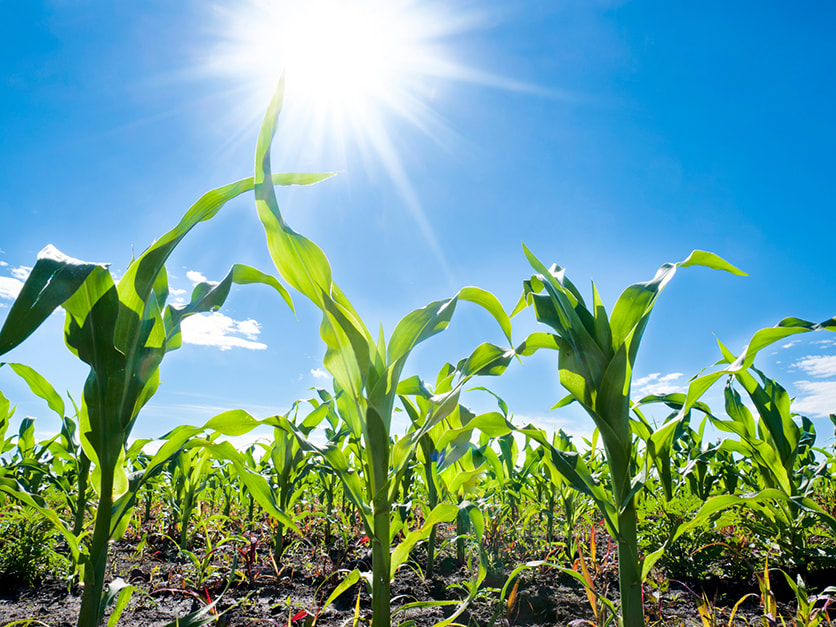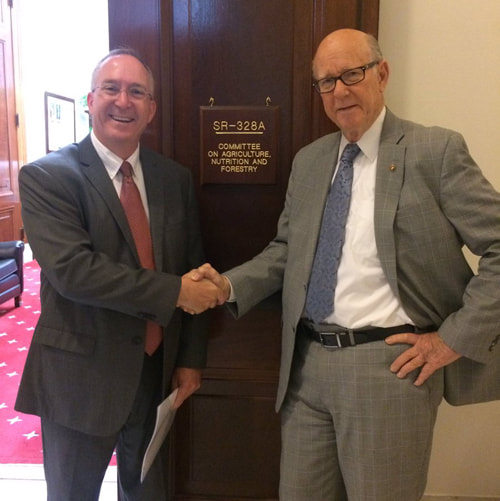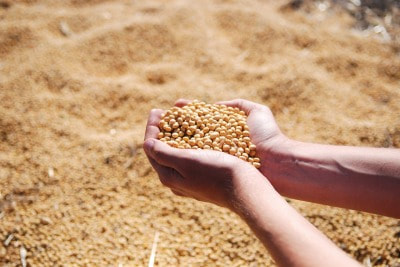Chef Marcus Guiliano
Chef on a Mission
I am changing the way restaurants feed us! I am tired of food companies and restaurants feeding us junk. It is time to take action. WARNING! This blog is your gateway to understanding better health. Most doctors and chefs do not like what I say. I was able to get rid of over five health challenges from taking action in my diet. If I did it anyone can do it. I am also passionate about restaurant consulting, Running, Food Politics, Business Development& I love blogging about it!





 RSS Feed
RSS Feed
